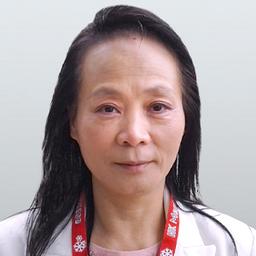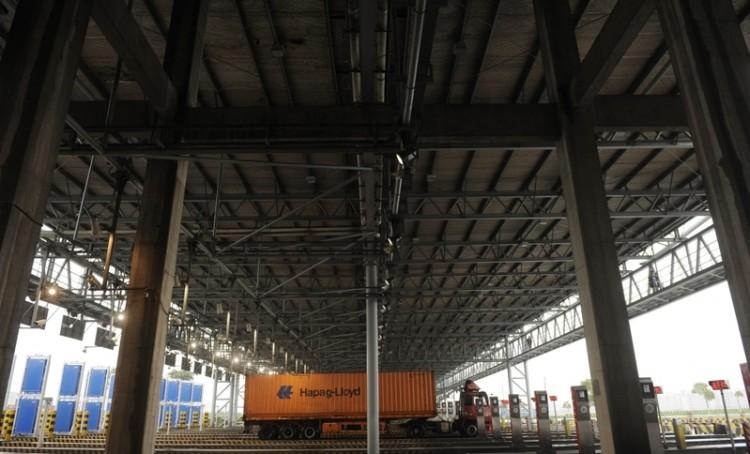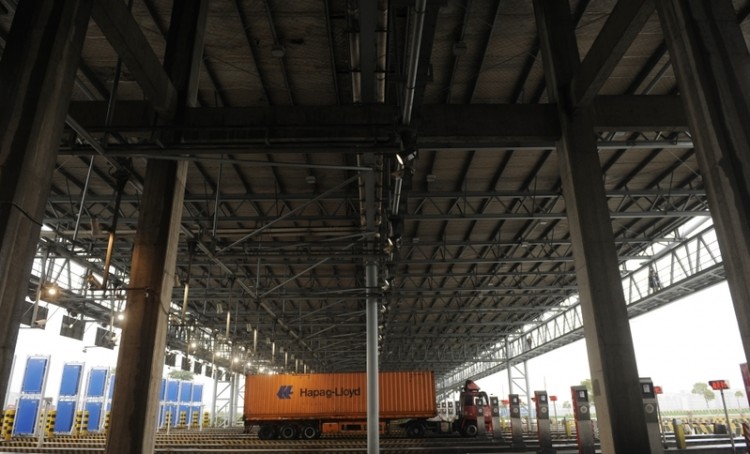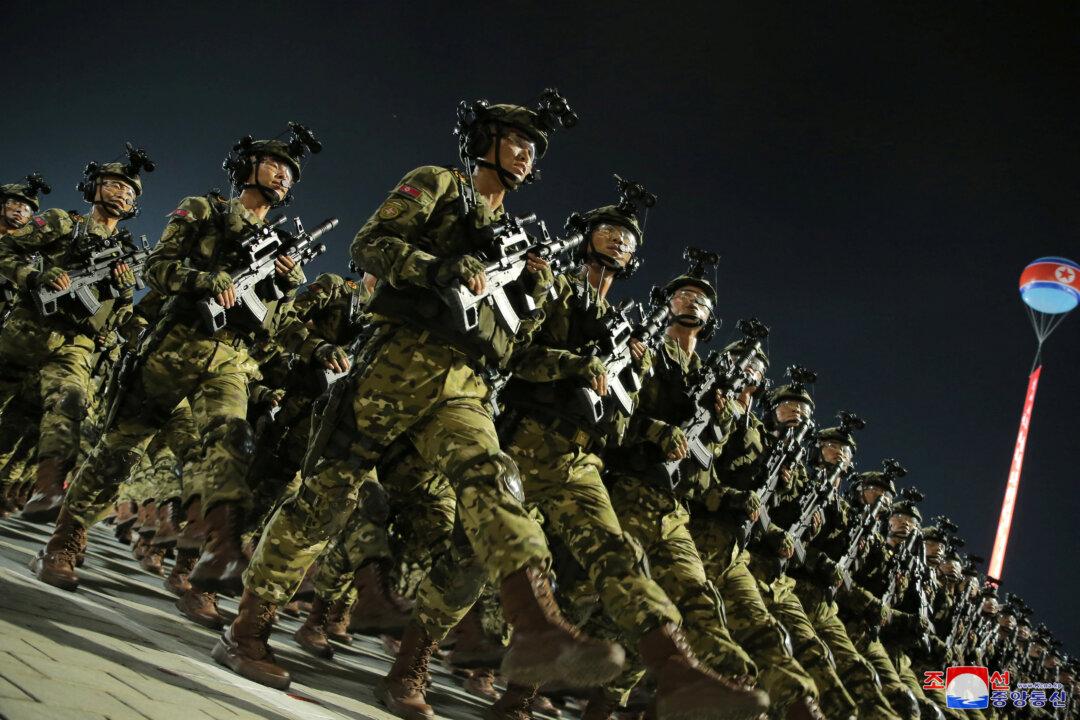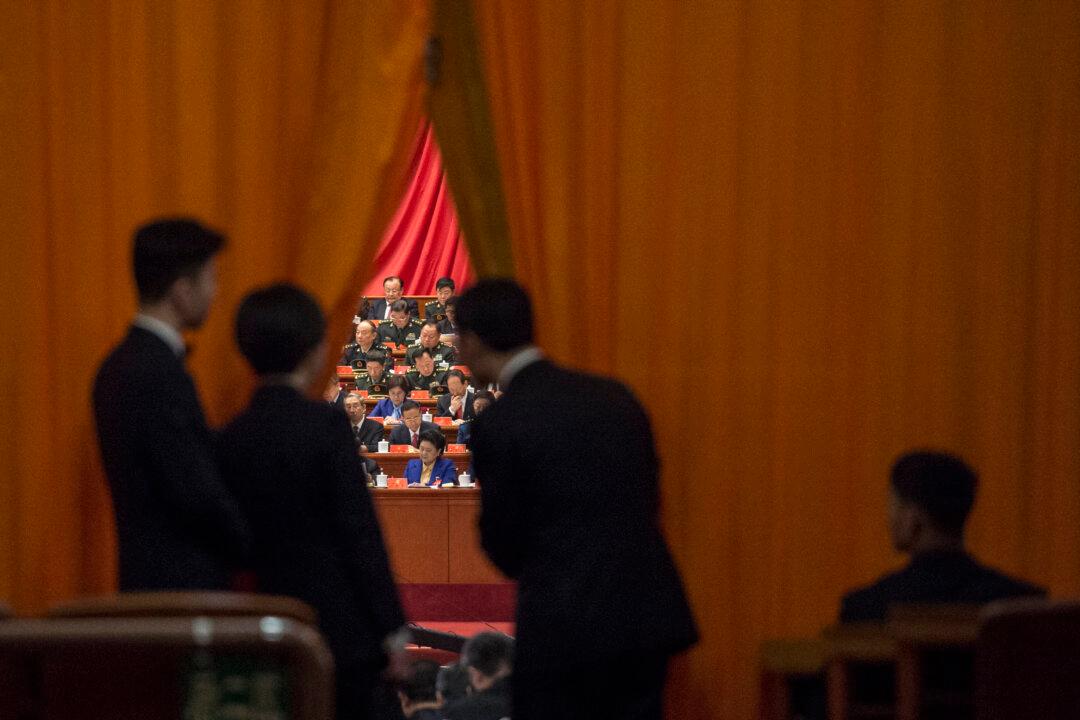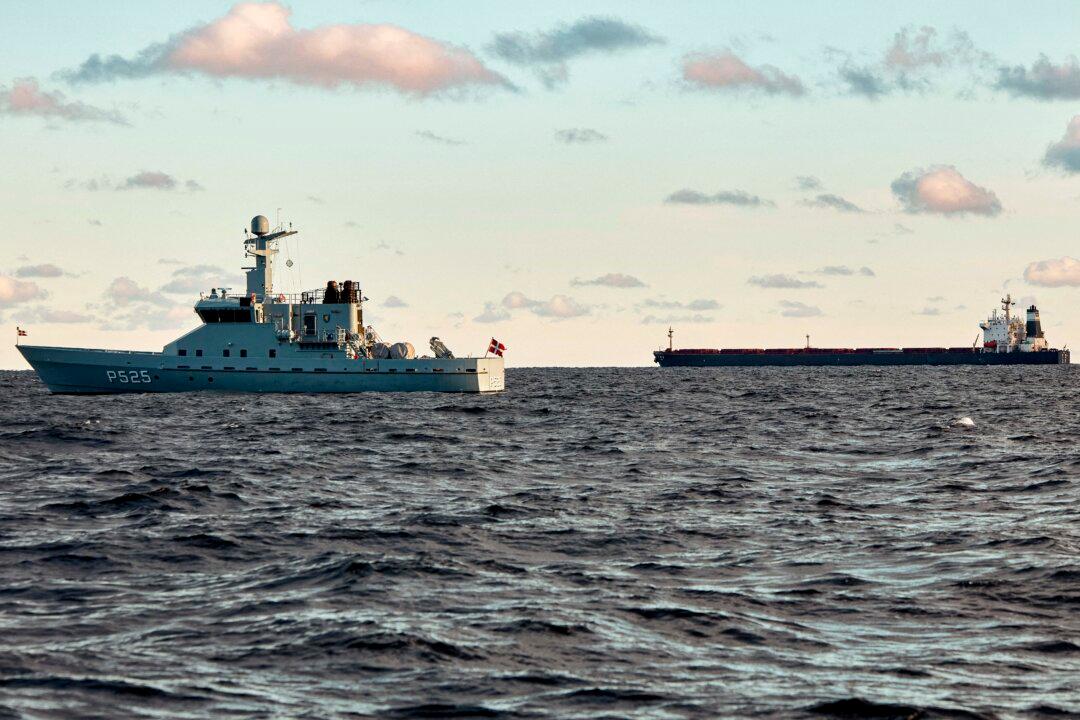Inside the country China’s entry to the World Trade Organization was touted as nothing but rosy, but in the United States and elsewhere in the world, assessments differed sharply.
For example, on Dec. 7 Chinese state media Xinhua reported that China has carried out all its promises upon entering WTO by year 2010. But the Office of United States Trade Representatives (USTR) published a report making clear that China has not fully complied with the WTO’s basic principles, and that over the last 5 years, Chinese leaders have gone backward in terms of market reform.
Wu Fan, a commentator with the New York-based New Tang Dynasty Television, said in an interview that “China opened up its doors after joining WTO, but the investments made by foreign countries have had a huge negative impact in terms of environment, population, and the quality of water, air, and land. The situation has deteriorated rapidly in the last 10 years,” he said.
“Whatever can’t be safely and legally produced elsewhere has been transferred to China. This has made the country into a huge garbage dump and processing factory,” he added.
He also noted that the income gap between the rich and the poor has widened greatly in the course of China’s time in the WTO: wealthy Chinese Communist Party (CCP)-connected businesses and state-owned enterprises have flourished, while the increase in the average income has been lower than the increase in GDP.
When China joined the WTO on Dec. 11, 2001 (after trying for 15 years), it was widely felt that a market economy had not been established in China, that there was a need to open its markets to foreign investment and trade, and to establish and nurture a free and fair competitive system within China.
But things haven’t gone to plan, according to Chen Zhifei, a New York-based economist affiliated with the City University of New York. He said that the benefits of China’s entering the WTO over the last 10 years have been receding, while the problems have become more pronounced. This is most obvious in the CCP’s ramping up of state capitalism, which involves massive bank loans that often don’t get repaid, land transfers, and myriad other subsidies. Foreign businesses have no way to compete against them.
“The honeymoon period is over between China and the WTO. In the next 10 years, China is going to be challenged by other countries and WTO members, and the more conflicts are expected,” he said.
In particular, China will be promoted from a “non-market economy” to a “market economy” in 2016, according to the agreement it signed with the WTO back in 2011. If its current behavior continues things will get tougher for the CCP, as other countries audit their trade behavior using market norms.
In a recent speech on the matter, Communist Party chief Hu Jintao said that China had made a great impact on world economic development, with mutual benefit and a “win-win” policy. He pointed out that China’s trade volume has moved to the second place globally, and its export volume has jumped to first place, which he says has created excellent employment and investment opportunities for trading partners.
As several observers, including Cheng Yongmiao, a well-known scholar of the Chinese constitution, have said, China’s export advantages comes from its currency manipulation, poor human rights standards, and consequent low wages.
Read the original Chinese article.

